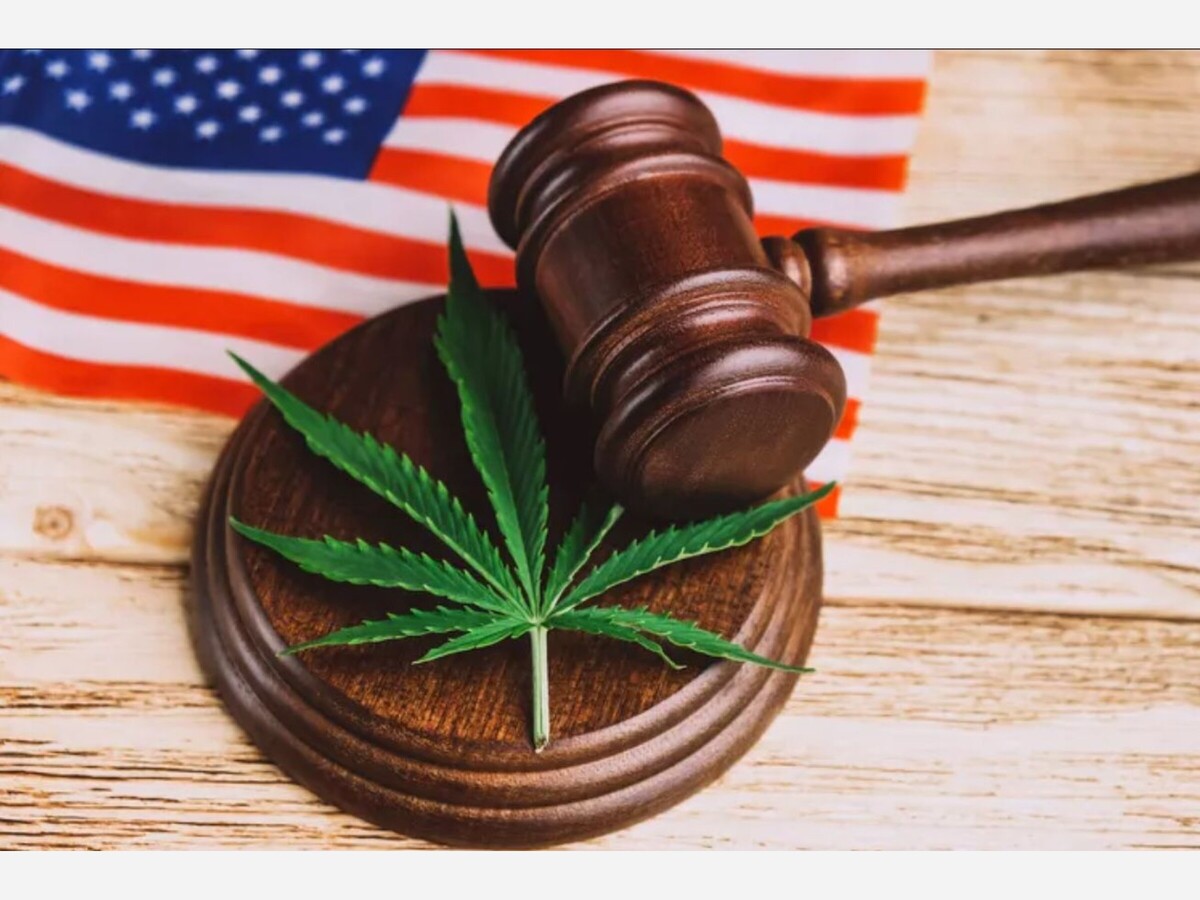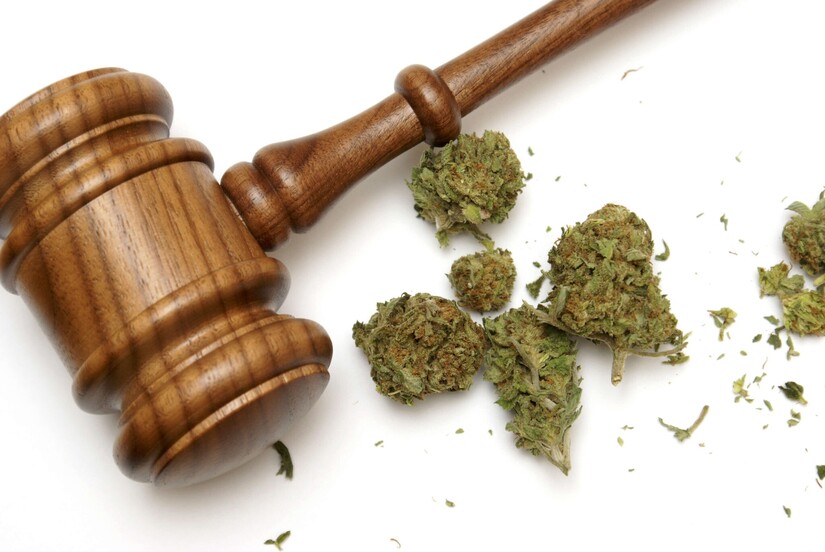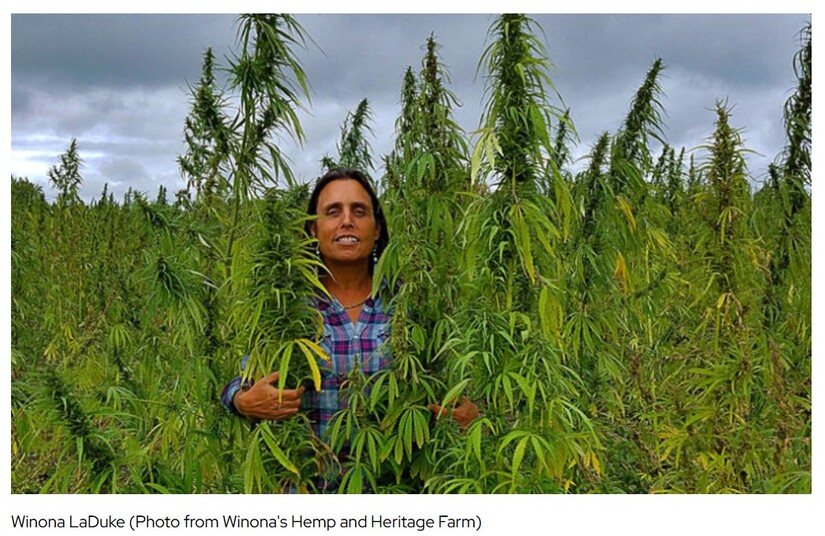Image

MINNEAPOLIS, MN — Sudden and sweeping regulatory changes are set to reshape Minnesota’s hemp-derived THC market, raising concerns that some businesses may relocate out of state. The Minnesota Office of Cannabis Management (OCM) has issued new rules on testing, labeling, packaging, and licensing of hemp-derived cannabinoid products (HDCPs) that industry stakeholders say could disrupt operations statewide.
Since July 2022, Minnesota has allowed the sale of lower-potency hemp edibles and beverages containing THC under Minnesota Statute 151.72. The market has expanded rapidly, supported by a legal framework designed to accommodate delta-8 and delta-9 THC products under the state’s 0.3% THC limit.
Now, as Minnesota transitions to a fully licensed market under Minnesota Statute 342 and related rules (Chapter 9810), hemp businesses face significant operational adjustments.

Mandatory In-State Testing
Starting January 1, 2026, all hemp-derived THC products must be tested by OCM-licensed laboratories. Currently, only two labs are licensed, with a third expected soon, raising concerns about testing delays. Steven Brown, founder of Nothing But Hemp, estimates it could cost up to $100,000 to relocate operations to neighboring Wisconsin to meet compliance demands.
Distribution Restrictions
New rules prohibit direct-to-consumer shipping of low-potency THC edibles, forcing businesses to rely on licensed distributors. Industry groups have filed petitions challenging this restriction, arguing procedural issues and potential harm to rural or homebound consumers.
Labeling Transparency Requirements
Operators must include detailed supply-chain information on product labels, such as cultivator, processor, and manufacturer license numbers. Some businesses, including Brown’s, argue these requirements expose proprietary trade information.
Licensing Transition
Existing hemp-derived cannabinoid product registrants must convert to LPHE-manufacturer, LPHE-wholesaler, or LPHE-retailer licenses between October 1–31, 2025. After this window, registration will close, intensifying pressure on businesses to comply.

Business owners and lab operators have expressed alarm at the speed and scale of these changes. Potential consequences include:
Lawmakers, including Republican State Rep. Nolan West, have questioned the need for in-state testing for federally legal hemp products, arguing it may create unnecessary obstacles for businesses.
OCM states that these measures aim to align hemp-derived THC oversight with Minnesota’s adult-use cannabis framework, enhance product integrity, and protect consumers. The agency emphasizes that these requirements reflect statutory intent under Minnesota cannabis law and are part of the transition from registration to licensure.
For Businesses: Increased compliance costs, operational hurdles, and potential delays in bringing products to market.
For Consumers: Possible reductions in product availability, slower new product releases, and potential price increases.
For the State: Risk of losing business investment, tax revenue, and jobs if companies exit Minnesota.
For Regulators: Ensuring sufficient licensed lab capacity and a smooth licensing transition will be critical to maintaining market stability.
Minnesota’s hemp-derived THC market is at a crossroads. While regulatory changes may professionalize the industry and enhance consumer safety, they also pose substantial compliance challenges. How businesses navigate these rules will determine the state’s position in the growing hemp-THC economy.